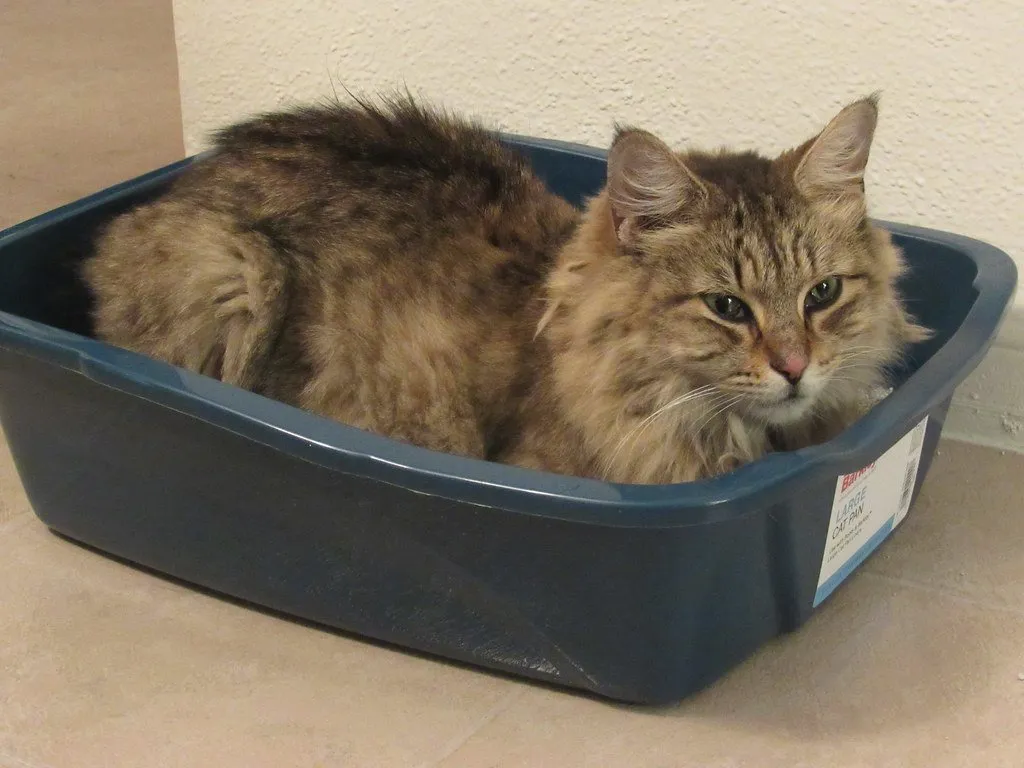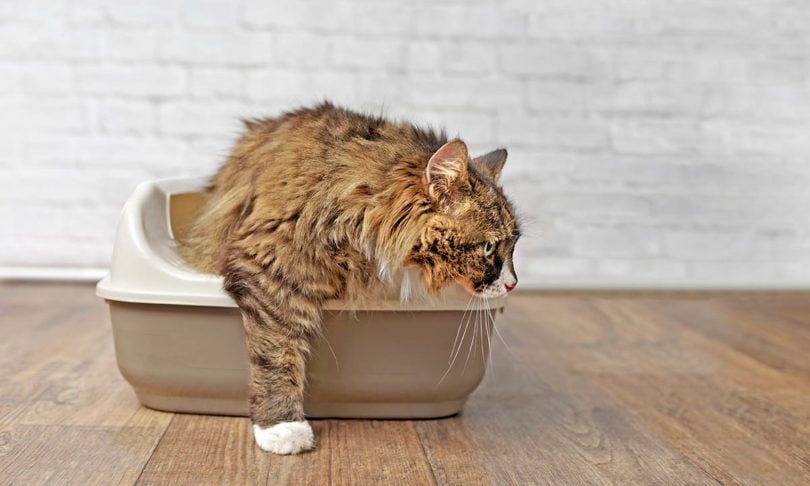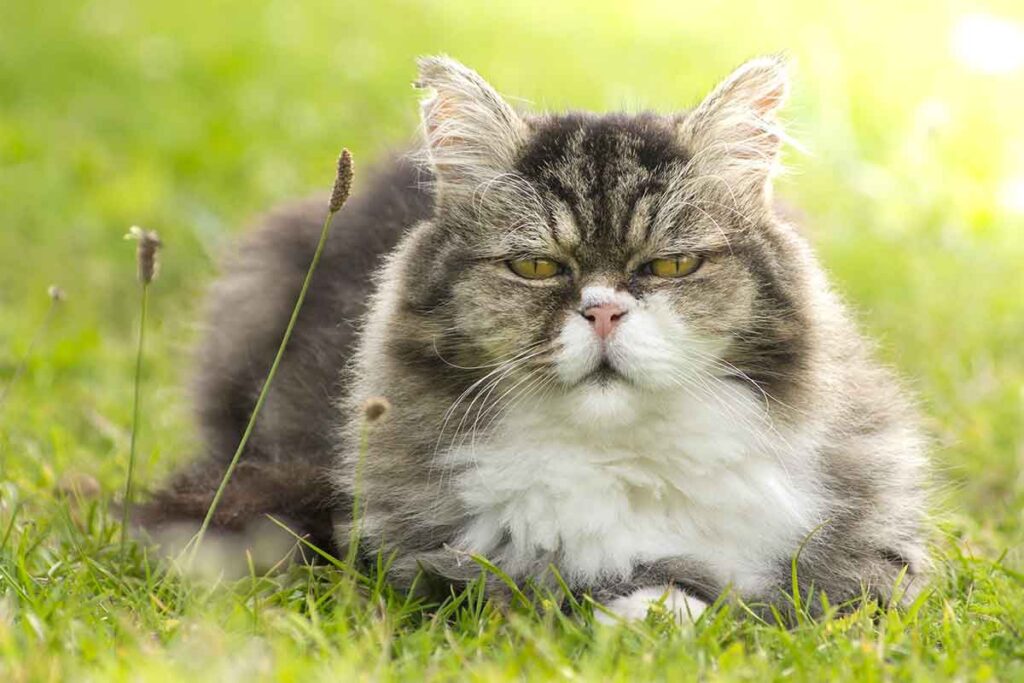When Is It Too Late to Litter Train a Cat?

When is it too Late to Litter Train a Cat? is an important question often asked by those who adopt adult cats or strays who have never lived indoors. While litter training is a crucial aspect of providing a comfortable home for your pet, the common perception that it’s easier to train a kitten has left many wondering if older cats can be trained at all.
Lets dive into how you can litter train a cat regardless of its age.
How to Litter Train a Cat

Litter training a cat is a simple process that requires patience and consistency. Here is what you need to do, to successfully litter-train your cat.
- Choose the right litter box. Select a litter box that is large enough for your cat to move around comfortably, and place it in a quiet, low-traffic area. It’s important that your cat feels secure and safe while using the litter box.
- Choose the right litter. Experiment with different types of litter to find one that your cat likes. Some cats prefer a specific texture or scent, so it may take some trial and error to find the right one. The amount of cat litter you use also matters (ideally around 2 – 3 inches deep).
- Introduce your cat to the litter box. Place your cat in the litter box after meals, play sessions, or naps. This will help them become more familiar with the litter box.
- Reward your cat for using the litter box. Provide treats, praise, or playtime when your cat uses the litter box successfully. This helps create a positive association with the process.
- Persistent Observation. Until your cat becomes fully litter-trained, be persistent in your efforts. Don’t be half-hearted about it. Keep a constant eye on your cat, and where it usually poops. If you see it pooping anywhere other than the litter box, immediately pick it up and place it inside the litter box instead.
Cats with medical issues (e.g. arthritis) may require special types of litter boxes and litter. If you aren’t seeing results in a few weeks of following the above steps, consider taking your pet to the veterinarian. He may expose a medical condition preventing your cat from being comfortable using the litter box, and propose a solution.
Differences in Litter Training for Young Cats and Older Cats:
You might be wondering whether litter training methods for young cats and older cats are different.
The answer is no. The age of the cat has little to no impact on the litter training process. However, it does affect the amount of time taken for a cat to become properly litter trained.
Young cats are typically easier to litter train because they are still in the process of learning and adapting to their new environment. They are also more receptive to new routines and habits. Older cats, on the other hand, have established behaviors and routines, which makes it a little challenging to train them.
When is it too Late to Litter Train a Cat?

The answer is simple: it is never too late to litter train a cat.
While it may be easier to train a kitten, older cats can still learn to use a litter box with the right training techniques. If you have an older cat that has not been litter-trained, don’t worry! With patience and consistency, you can successfully litter-train your cat.
Conclusion
Litter training a cat is an important aspect of cat ownership. Whether you have a young kitten or an older cat, it is never too late to start the training process. With the right tools and techniques, you can help your cat learn to use a litter box and live comfortably and happily in your home.
Related Articles
Litter training a cat can be a very multi-stage process. Training your cat to use the litter box is only the first part. Ensuring your cat uses it properly and cleanly is another problem entirely. Here are some articles you can read to learn more about litter training for cats.


